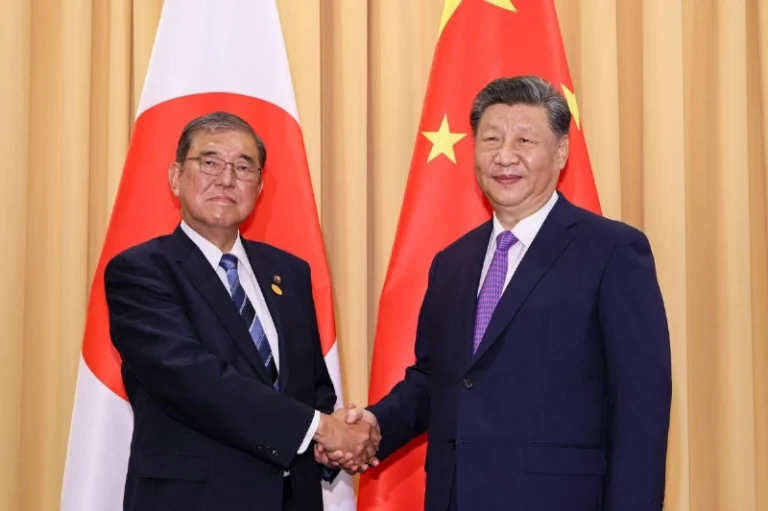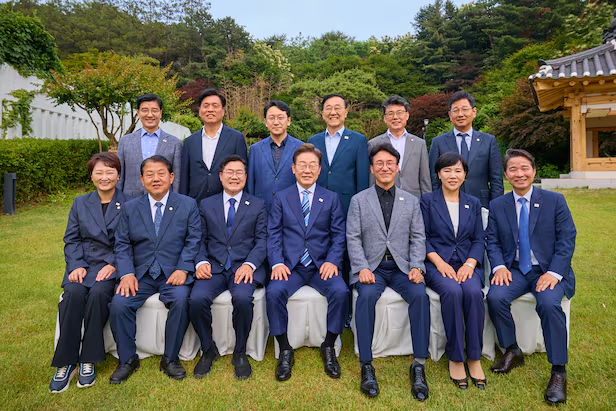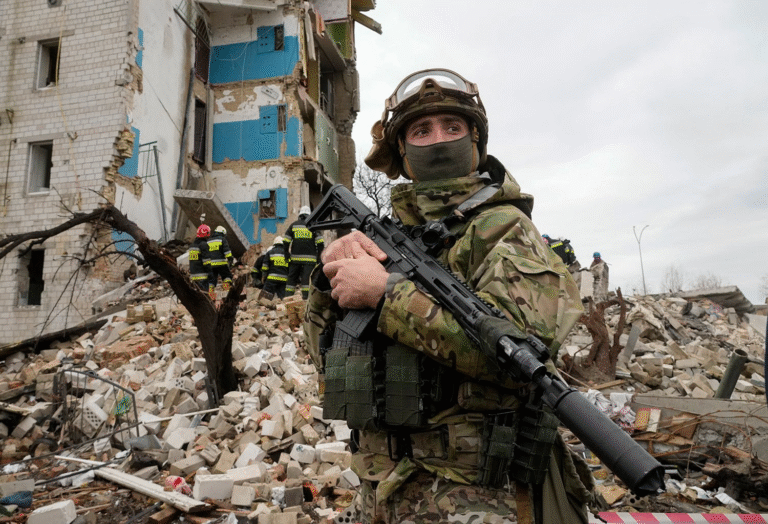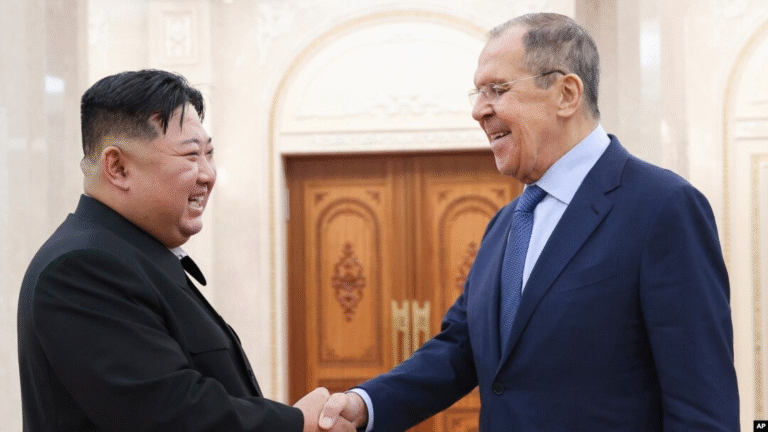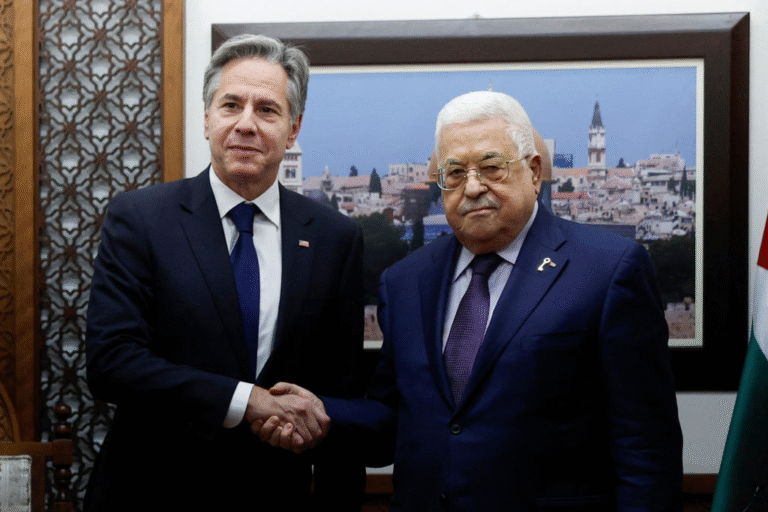
Lulu celebrates victory in Brazilian Elections 2022. Photo Credit: The Economist
Sapna Suresh
The America-Eurasia Center
Americas Program
www.EurasiaCenter.org
The America-Eurasia Business Coalition
www.usebc.org
The 2022 Brazilian Presidential elections concluded with the victory of former president
Luiz Inácio Lula da Silva. However, he was sentenced for 12 years in prison for his involvement in
the Operation Car Wash corruption scandal that rocked Brazil in 2014. Many view his conviction
as a political “witch hunt.” In 2021, the Supreme Court annulled these charges, allowing Lula to
run for president in the 2022 elections.1 The electoral system in Brazil is a two-round system, like
that used in France. To win, a candidate needs more than 50% of the popular vote to win the
election. If no candidate receives such support, the top two candidates from the first round proceed to a runoff election. The first round was held on October 1, 2022, with Lula de Silva receiving
48.43% of the vote and incumbent president Jair Bolsonaro receiving 43.2% of the votes.2
The second round occurred on October 30th, with Lula receiving 50.9% of the votes and Bolsonaro receiving 49.1%. Lula was sworn into office on January 1st, 2023. Like Trump, Bolsonaro also claimed that the elections had fraudulent behavior, and unsuccessfully sought an investigation.3 On November 22, 2022, Macelo Bessa, the lawyer representing Bolsonaro, submitted a request to the electoral tribunal claiming that the voting machines are untrustworthy. Many of his supporters have protested the results, calling it a “stolen” election and argued for the military to intervene and “save Brazil.4 The head of Brazil’s electoral court has rejected the petition, calling
it “ostensibly conspiratorial toward the democratic rule of law.”5
Lula’s Record
On the political spectrum, Lula is a social democrat, with his positions generally aligning on
the centre-left. Lula’s first presidency was part of the broader Latin American “Pink Tide” that
brought leftist governments to power across the region starting in the early 2010’s. In 1980, Lula
founded the Workers’ Party, which was a grand coalition of trade unions, church activists,
intellectuals, and Trotskyites, making it the first major socialist party in the country’s history. During his time in office, Lula was instrumental in reducing the vast socioeconomic inequalities that plagued the country.6 Crucially, he was key to cutting the level of deforestation in the Amazon Rainforest. During his second term in office, the rate of deforestation had dropped by about 67%.
On foreign policy, Lula was influential in reaching out to non-Western developing economies, such as the BRICS (Brazil, Russia, India, China, South Africa). In addition, he increased Brazil’s role in the world by actively engaging in nuclear diplomacy between Iran and the West and on many occasions, opposed unilateral American foreign policy actions.7 Even today, “Lula and his party still carry a legacy of anti-Americanism and they tend to see conflicts, like the Ukraine war, through the eyes of the traditional non-aligned movement.” The prospective Brazilian foreign minister has argued that while Russia’s actions should be condemned, sanctions do not solve the problem. With rising tensions between the US and China, Brazil’s interest is to balance between the two and not take sides. 8
Climate Change
Lula’s victory is a positive development for those seeking to mitigate the impact of climate change. Speaking at the COP27 climate summit in Egypt, president-elect Lula told the audience that “Brazil is back,” and that “there is no climate security for the world without a protected Amazon.” Under his Government, climate change will be the highest priority. These comments are in stark contrast to the policies of the Bolsonaro government.9 Under Bolsonaro, about 13, 000 square miles of trees were cut down in the Amazon Rainforest from 2019-2020. Nevertheless, it is too early to be optimistic. Lula will face opposition from the Bolsonaro friendly Congress and the country’s powerful mining and logging industries.10
A Pink Tide 2.0?
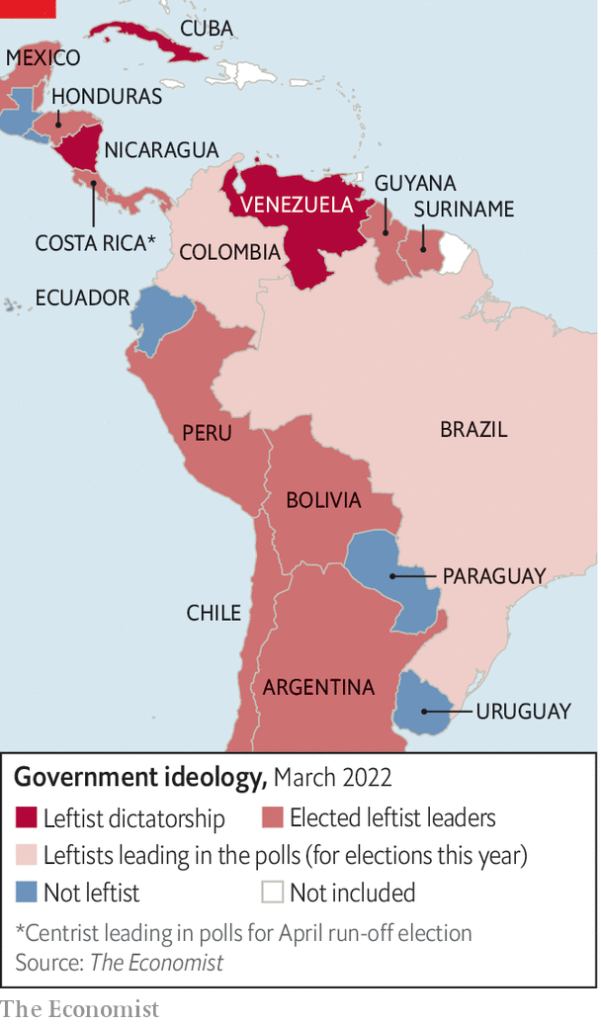
Ideology of governments in Central and South America in 2022. Photo Credit: The Economist
Lula’s victory took place within the wider context of other left-wing leaders getting elected in Latin America. In Colombia Gustavo Pedro got elected while Gabriel Boric came to power in Chile. In addition, Evo Morales, AMLO, and Fernandez won in their respective countries.11 Unlike the prior pink tide, this left-leaning turn is “less coordinated,” than with the first ‘pink tide. This entire time “the right was in power in almost all countries but these presidents failed to provide change.”12 Bolsonaro’s poor response to the Covid-19 pandemic was one of the many factors influencing his defeat. In addition, while many of these leaders have leftist positions economically, they have conservative stances on social issues. Lula has revealed his personal opposition to abortion but believes that the public should be able to choose.13 There is not “a homogenous progressive axis from Mexico City to Santiago. If anything, there are even more variations than in the past.”14 Lula himself has admitted that despite winning the election, far-right ideology is “still alive.”15 Crucially, the election of Giorgia Meloni in Italy illustrates that right-wing populists still hold influence in global politics
Works Cited
- Katy Watson, “Lula: Brazil ex-president’s corruption convictions annulled,” BBC, March 9, 2021,
https://www.bbc.com/ - Seàn Clarke, “Brazil election 2022: full results from the first round,” The Guardian, October 2, 2022, https://www.theguardian.com/us
- Andrew Downie, “Pro-Bolsonaro truck drivers threaten new road blockades in Brazil,” The Guardian, https://www.theguardian.com/us
- “Jair Bolsonaro has challenged Brazil’s election result,” The Economist, November 23, 2022, https://www.economist.com
- Camilo Rocha, Heather Law, and Heather Chen, “Brazilian court rejects election challenge from outgoing President Jair Bolsonaro,” CNN, November 23, 2022, https://www.cnn.com/
- “Brazil’s Lula: From president to prisoner,” BBC, June 11, 2019, https://www.bbc.com/
- Catherine Osborne, “Brazil Is Back,” Foreign Policy, November 4, 2022, https://foreignpolicy.com/
- Bryan Harris, “Lula sets out expansive vision for Brazilian foreign policy,” Financial Times, November 24, 2022, https://www.ft.com
- Georgina Rannard, “COP27: Brazil is back on the world stage, Lula tells climate summit,” BBC, November 16, 2022, https://www.bbc.com/
- Max Bearak, “Expectations Run High as an Exuberant Lula Speaks at Climate Summit,” The New York Times, November 16, 2022, https://www.nytimes.com/
- John Kirk, “The US cannot ignore the new ‘pink tide’ in Latin America,” Aljazeera, October 23, 2022, https://www.aljazeera.com
- France 24, “Lula’s leftist triumph: Is this Latin America’s second ‘pink tide’?,” France 24, October 31, 2022, https://www.france24.com/en/
- Nino Omer, “Monday briefing: What does Lula’s victory mean for the future of Brazil?” The Guardian , October 31, 2022, https://www.theguardian.com/us
- “A new group of left-wing presidents takes over in Latin America,” The Economist, March 12, 2022, https://www.economist.com/
- Catarina Demony, “Brazil’s Lula: Bolsonaro lost, but far-right ideology ‘still alive,” Reuters, November 19, 2022, https://www.reuters.com
